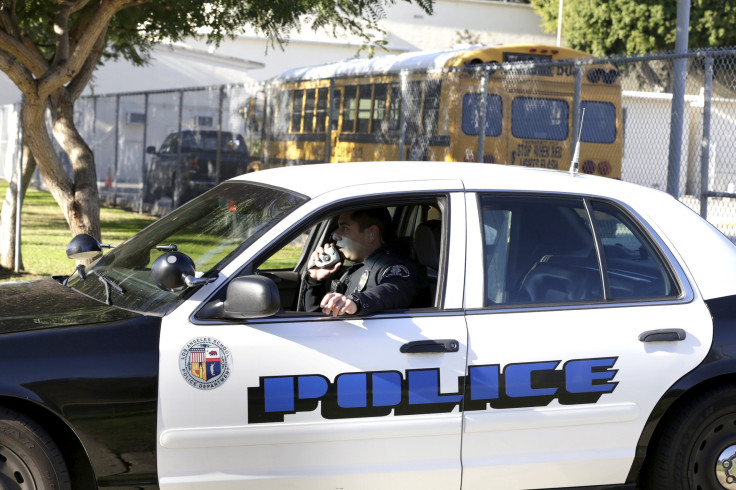Students In Jail In The US: South Carolina School Bill Aims To Stop 'Disturbing School' Law

The proposed legislation calls on school boards to institute a “zero tolerance” policy where students involved in minor fights or disturbances would face in-house disciplinary actions instead of a penalty of up to $1,000 fine and 90-days in jail, the Post and Courier reported Thursday.
The “disturbing school” law has resulted in more than 1,200 students being arrested in the state every year. Its vague language has given school-assigned officers the authority to arrest students for bad behavior that doesn’t meet the legal qualifications for disorderly conduct or simple assault, the New York Times reported last year.
Charleston County, which had the highest number of "disturbing school" charges during the 2014-2015 school year, saw 256 students 16 and younger get arrested under the “disturbing school” law, according to another Post and Courier article from 2016. Black students in South Carolina were four times more likely to be charged than their white counterparts. Despite making up just 40 percent of the pupils in the Charleston County School District, black students represented 85 percent of those charged under the law.
"We just feel that how minor infractions are treated early in the lives of our young people can make a great difference because it impacts the rest of their lives," said the president of the South Carolina Education Association, Bernadette Hampton, who testified in front of the House Judiciary Committee about the long-term negative consequences associated with putting students in jail.
The U.S. has sent more juveniles to jail than any other country in the world, with nearly 70,8000 minors being incarcerated in youth detention facilities in 2010, the U.S. Department of Justice reported in June 2013. It was estimated that 500,000 American juveniles are brought to detention facilities every year. That figure did not include those tried as adults.
© Copyright IBTimes 2025. All rights reserved.






















